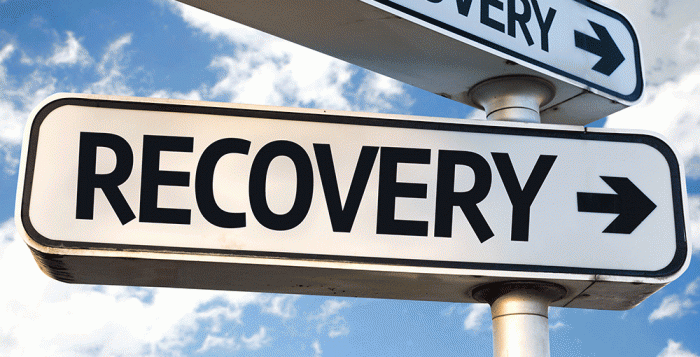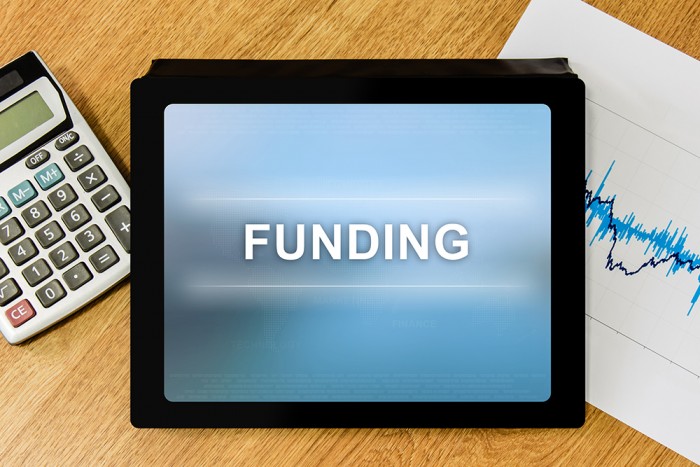In the years Pennsylvania has been earnestly battling the opioid overdose death epidemic, many ideas have been suggested or implemented for intervening with overdose survivors. From hard line proposals (go to treatment following an overdose reversal or face criminal charges) to logistically complex processes (embed peers in emergency rooms to facilitate the transfer of overdose survivors to a treatment facility), these strategies have yielded mixed results as judged against one grim fact: exacerbated by Covid, 5,063 Pennsylvanians died of a drug overdose in 2020 (the latest year for which overdose death totals are confirmed). That total is second only to the record set in 2017, with 5,403.
One of the newest initiatives to intervene with overdose survivors is currently under way in Pittsburgh. By addressing many of the shortcomings of other intervention efforts, this strategy employs an evidence-based harm-reduction approach.
In Pittsburgh, Emergency Medical Services (EMS) is eliminating barriers to treatment and connecting patients to recovery resources through its prehospital buprenorphine program, a Pennsylvania Department of Health-approved pilot program that complies with all state and federal laws and regulations. Joshua Schneider, an emergency medical technician and overdose prevention coordinator for the City of Pittsburgh, recently testified before the Center for Rural Pennsylvania about the program, which allows paramedics to administer buprenorphine to a patient experiencing opioid withdrawal, whether part of an overdose reversal or not, and connect that patient directly to a telemedicine clinic. The patient then can receive a buprenorphine prescription, typically within 24 hours. This program circumvents traditional barriers, because it offers medication at the point of EMS engagement, does not require transport to an emergency department, and offers low-threshold access to ongoing treatment through a simple phone call. To date, this pilot program has improved post-overdose withdrawal symptoms for all enrolled patients and has resulted in multiple patients continuing treatment.
EMS providers respond to a high number of opioid overdose calls and are a key access point to the health care system for people who use drugs. A large number of patients who engage with EMS following an overdose decline transport to the hospital, creating an access gap that leaves patients without any care beyond resuscitation with naloxone. In 2021, more than 30 percent of Pittsburgh EMS patients declined transport to the hospital after experiencing an opioid overdose, approximately double the transport refusal rate for other call types. While an emergency department is not always the optimal place for a person who has overdosed to receive care, it can act as a resource hub where patients can be connected to substance use treatment and social services. Patients who decline transport to the hospital cannot be connected to those resources. The majority of EMS agencies lack the ability to connect patients to other forms of care and patients who are not transported to the emergency department are often left at the scene with nothing more than a box of naloxone or a resource pamphlet.
Even patients who accept transport to the emergency department struggle to get connected with substance use treatment. While all Allegheny County emergency departments have the ability to administer buprenorphine and make a referral to community providers, most patients who present to the emergency department do not receive buprenorphine or linkage to longitudinal care.
Effective treatment, including medication, for opioid use disorder (OUD) exists today beyond what has been traditionally viewed as rehabilitation. For those individuals willing to accept buprenorphine treatment as a potential pathway to recovery from OUD, Pittsburgh’s prehospital buprenorphine program offers great promise.















